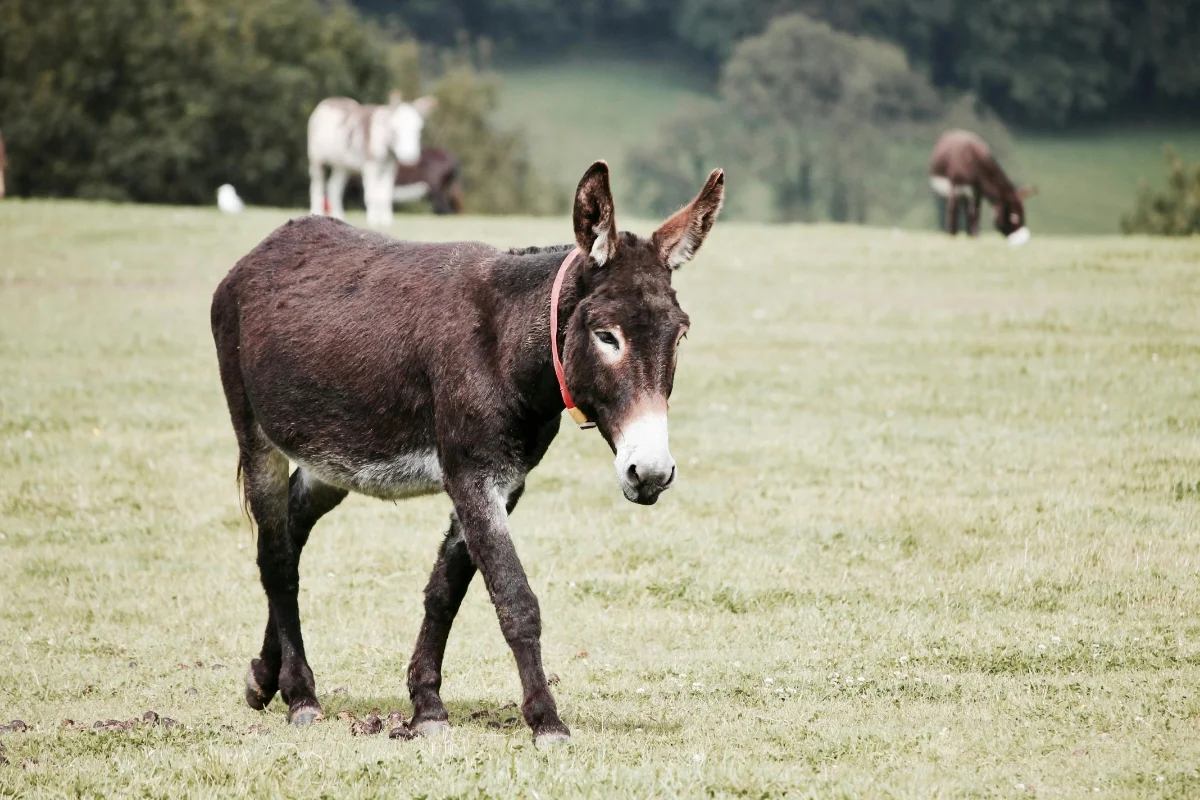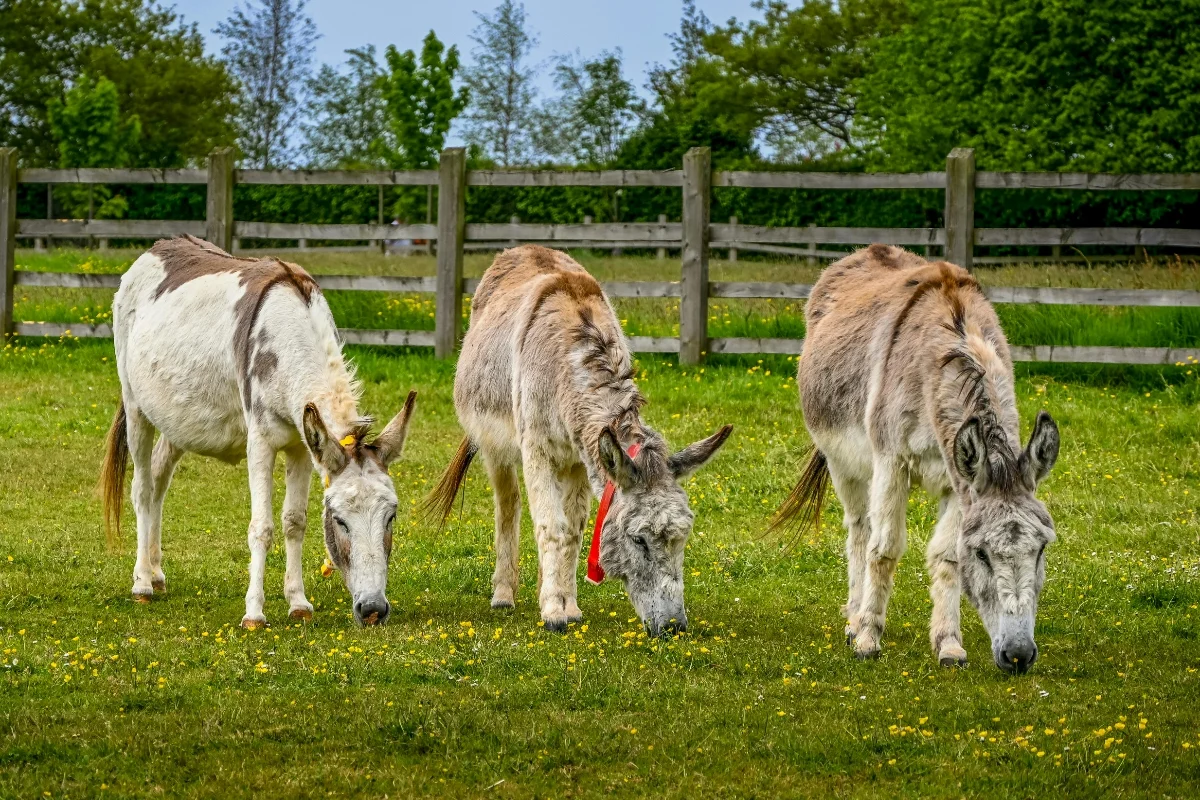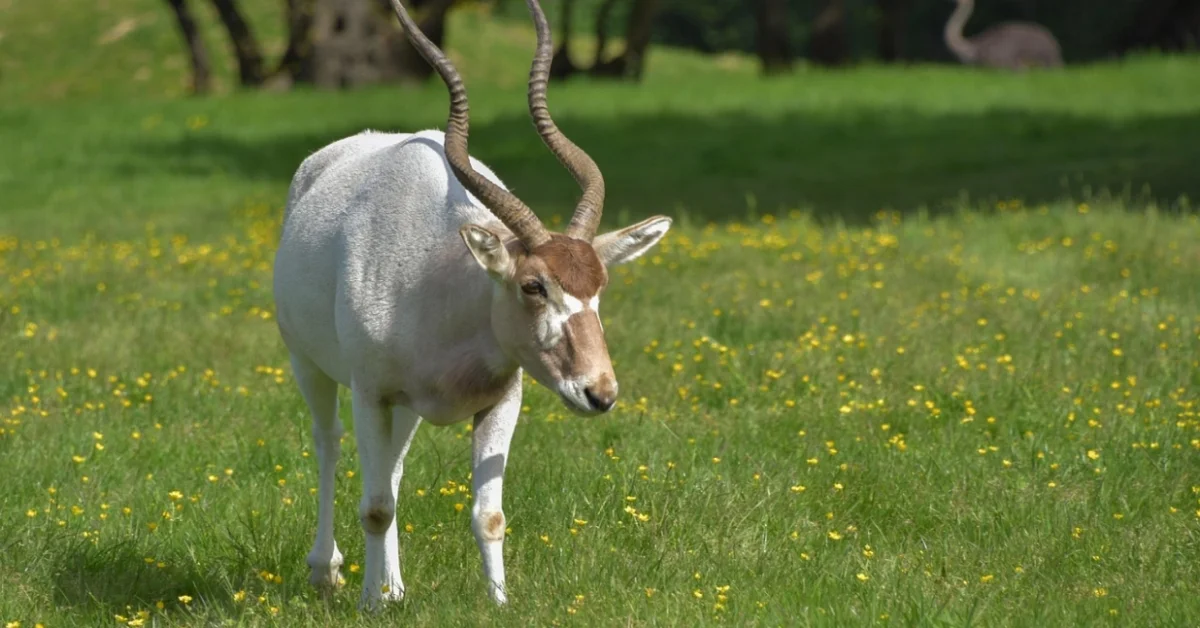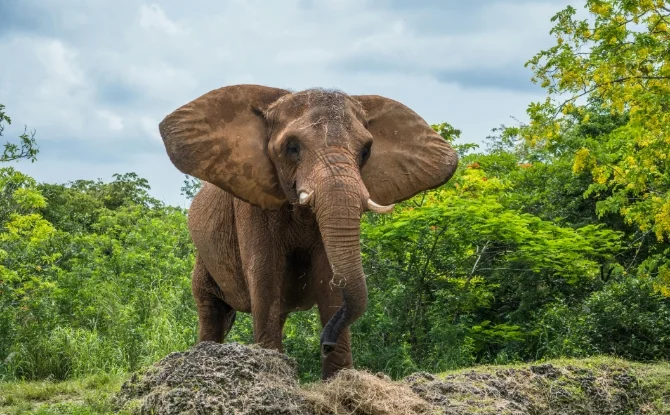
Donkey
Donkey is a strong, domesticated animal known for carrying loads and endurance. This article provides information about Donkey.
By
Published:
The donkey is a domesticated member of the horse family known for its strength, endurance, and gentle nature. Used for carrying loads and farm work, donkeys are intelligent animals that have been companions to humans for thousands of years.
Donkey Facts Overview
| Height | 90–160 cm |
| Length | 1.5–2.1 m |
| Weight | 150–400 kg |
| Speed | 24 km/h |
| Food | Grass, hay, shrubs |
| Color | Gray, brown, black, white |
| Location | Worldwide, native to Africa |
| Predators | Lions, wolves, hyenas |
| Lifespan | 25–30 years |
| Habitat | Deserts, grasslands, farms |
| Gestation | 12 months |
Interesting Facts
Donkeys have an incredible memory and can recognize places and other donkeys they met years ago. They are known for their loud bray, which can be heard up to three kilometers away, and their calm, cautious behavior.

Characteristics
Donkeys have long ears, short manes, and sturdy bodies built for endurance rather than speed. Their grey or brown coats, intelligent eyes, and sure-footed movement help them survive harsh environments and travel over rough terrain with ease.
Lifespan
A donkey’s average lifespan is 25 to 30 years, though some can live over 40 years with good care. Working donkeys in harsh conditions often live shorter lives due to overwork, poor diet, and lack of medical care.
Predators
Wild donkeys and foals face threats from predators such as wolves, lions, leopards, and hyenas. In desert regions, they rely on strong kicks, braying warnings, and group cooperation to protect themselves and their young from danger.
Habitat
Donkeys are highly adaptable animals found in deserts, grasslands, and mountains. They prefer dry, open areas where they can graze and spot predators easily. Domesticated donkeys live on farms and rural lands around the world.
Diet
Donkeys are herbivores that mainly eat grasses, shrubs, and hay. They can survive on rough vegetation and require less water than horses. Their efficient digestive system allows them to extract nutrients from low-quality food sources in dry regions.
Behavior
Donkeys are social, intelligent, and cautious animals. They form strong bonds with other donkeys and humans. Contrary to myth, they aren’t stubborn—they pause to assess danger before acting, which shows their intelligence and survival instincts.
Reproduction
A female donkey, called a jenny, gives birth to one foal after a gestation period of about 12 months. Newborn foals can stand within minutes and stay close to their mothers for protection and milk during early life.
Science Writer & Wildlife Expert.
Get to know more about the Donkey
Read More: 10 Fascinating Animal Adaptations That Will Amaze You




